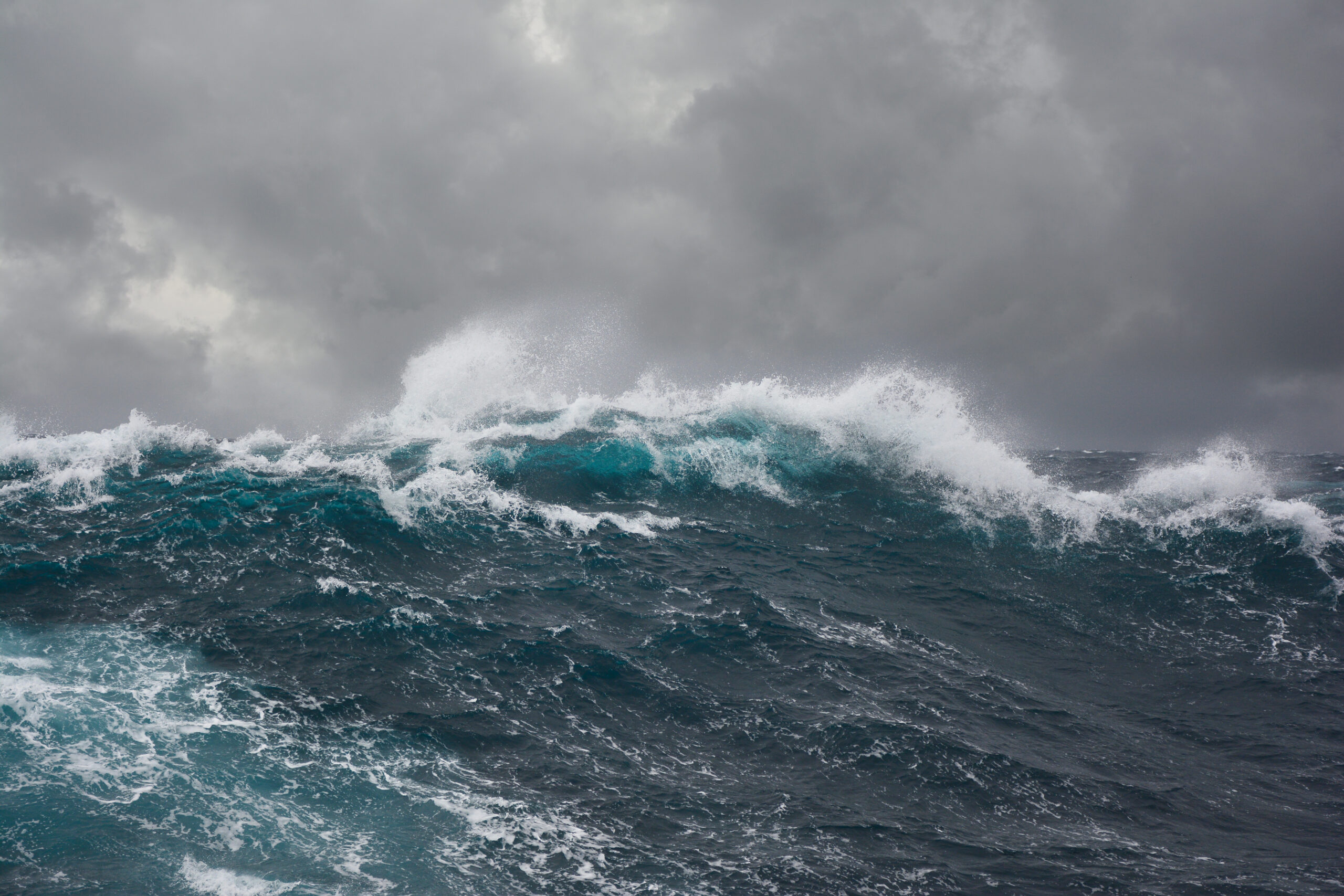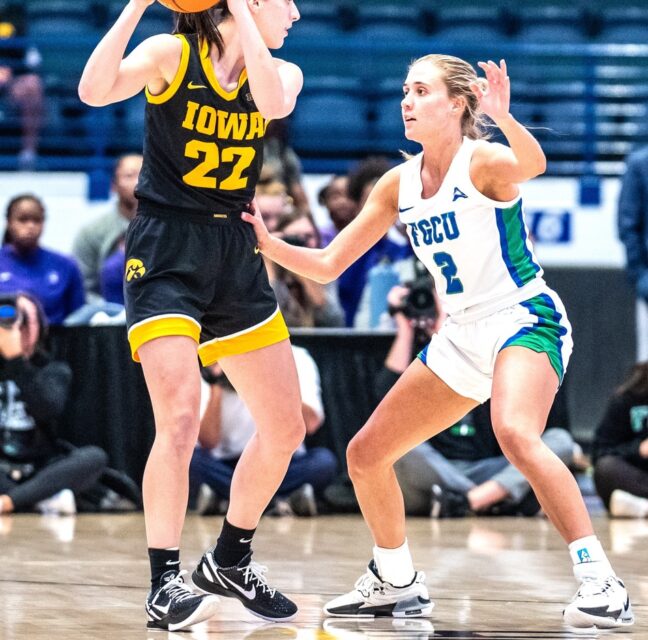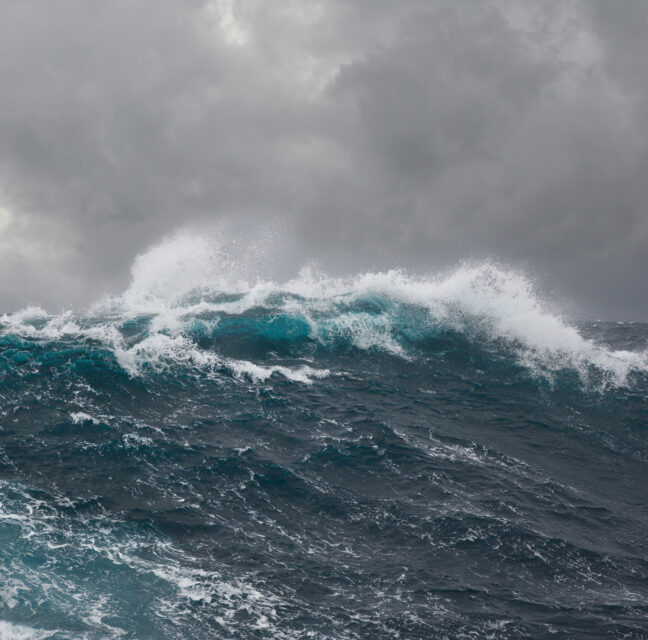
AFTERMATH OF A STORM
Even if you have an excellent disaster plan in place, dealing with the aftermath of a severe weather event is never easy. Here are a few tips to help with the recovery process after the storm passes by.
Auto Damage: The Florida Motor Vehicle Repair Act requires anyone who is paid to repair motor vehicles owned by other individuals to register with FDACS. Review estimates and contracts carefully for language that may assign your insurance policy benefits directly to the repair shop. Click Motor Vehicle Repair for more information or use the Business License Lookup to verify a license.
Carbon Monoxide Safety: Keep generators, grills, camp stoves or other gasoline, propane, natural gas or charcoal-burning devices outdoors and away from doors, windows, and vents that could allow carbon monoxide to come indoors.
Charities: All charities soliciting within the state of Florida (excluding religious, educational, political and governmental agencies) are required to register and file financial information with FDACS. Call 1-800-HELP-FLA (English) or 1-800-FL-AYUDA (Spanish) or use the online Check-A-Charity tool to find out if a charity is properly registered.
Contractors: Check the license and complaint history of contractors before signing a contract or agreeing to have anyone do work for you. Call the Department of Business and Professional Regulation at (850) 487-1395 or go to MyFloridaLicense.com. Do not sign an “Assignment of Benefits” form for a contractor if you have not been instructed to do so by your insurance company.
File a Complaint: While FDACS cannot require businesses to take a particular action such as repairing or replacing a product or refunding money, the department may act as a mediator to attempt dispute resolutions. Click File a Complaint for more information.
Food Safety: Discard perishable food that has been stored in temperatures above 41° F for four or more hours or that has an unusual odor, color or texture or feels warm to the touch. If flooding occurs, discard any food not in a waterproof container that has come into contact with flood water. Contact your county Department of Health if you suspect that your well may be contaminated.
Fuel: The potential for water contaminated fuel incidents increase after a considerable storm. Always keep the receipt of purchase and report any possible contaminated fuel,incidents to the department’s Division of Consumer Services at 1-800-HELP-FLA (English) or 1-800-FL-AYUDA (Spanish).
Insurance: Don’t respond to robocalls, text messages, or emails regarding your insurance premiums or coverage. Call your local insurance agent or the company’s customer service number listed on your policy or insurance card to verify any messages you receive about your insurance.
Landlord/Tenant: If you live in a rental property that was damaged by the storm, you need to know the rights and responsibilities of you and your landlord. Visit Landlord/Tenant Law for more information or refer to Florida’s Landlord/Tenant Law, Chapter 83, Part II, Florida Statutes.
Price Gouging: Anyone who suspects price gouging should call the Office of the Attorney General at (866) 9NO-SCAM or file a complaint online at MyFloridaLegal.com.






